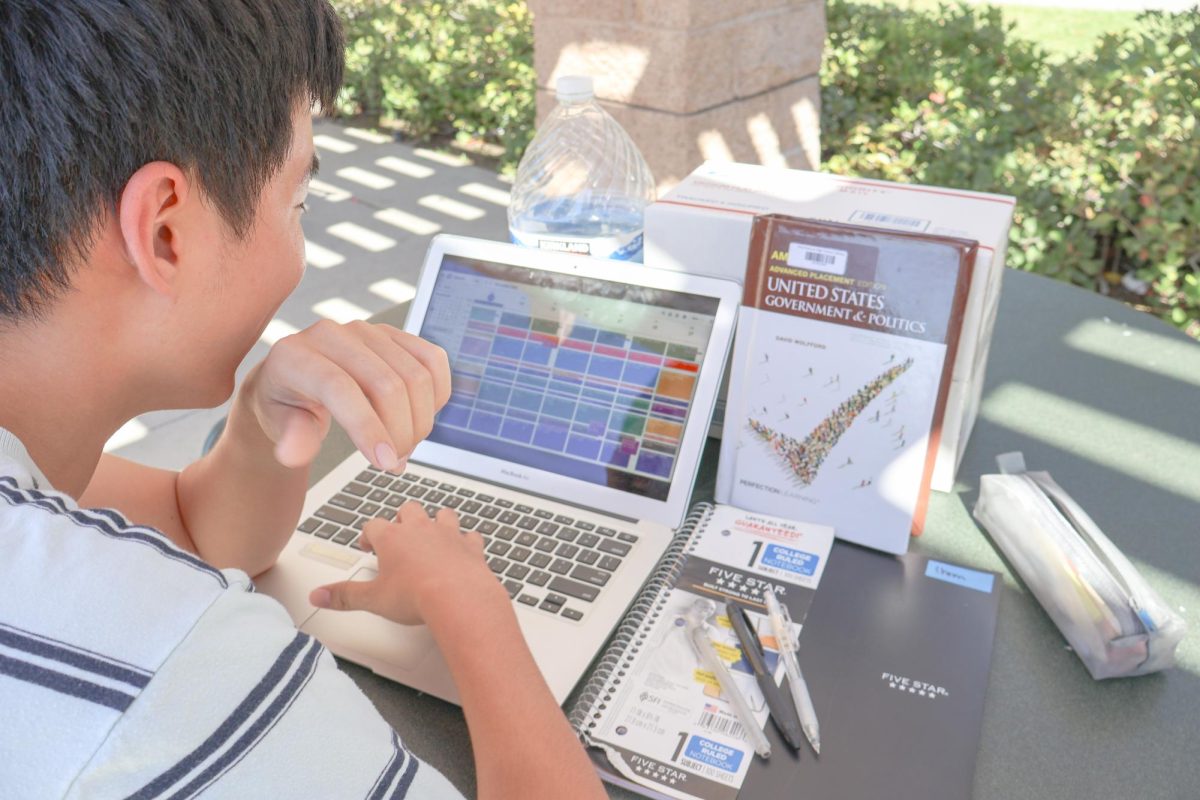Less mess, less stress: it’s time to get organized this school year. Not knowing what to expect may feel overwhelming, but setting up a good foundation now will prepare you to accomplish the goals you set for yourself throughout high school and beyond. Before your extracurriculars and courses start to feel chaotic, take these steps to help yourself strike a balance between work, play and rest.
Visualize tasks and deadlines:
Use a planner, a digital calendar or an online software like Notion to keep track of homework deadlines and test dates. We recommend choosing a platform that allows you to look at what you need to do over the next few days, weeks or months so you have a general understanding of when you might have more or less spare time. Then, make study plans by breaking down large tasks like preparing for tests or working on projects into more manageable, short-term goals.
To make sure you stick to those plans, block out certain periods of time for each task using digital reminders. This is especially helpful if you are making a study plan based on methods such as spaced repetition, which involves reviewing class materials at systematic intervals to “test” your understanding, solidify your long-term memory and figure out which topics you need to focus on.
Still, those time blocks are flexible, so remember that an extra hour of studying late at night will never be more effective than getting plenty of sleep. Without adequate sleep, you will not be able to work productively, communicate effectively, manage stress or stay energized.
Clean up your Google Drive:
Now that most assignments are digital, trying to locate files in a disorganized Google Drive is like looking for books in a library with no catalog. To clear the clutter, start by deleting all “copy of” files using the search function. Then, make folders for each of your classes and store any old folders or files that you wish to keep in a separate “Archive” folder. By keeping your files organized, it will be easier to reference or review helpful notes, projects or assignments. This is especially helpful when creating study materials to prepare for cumulative tests.
Organize your inbox:
Although clearing irrelevant emails can be annoying, it’s important to prevent important emails from getting lost. Find a time to delete any irrelevant emails you no longer need and unsubscribe from platforms or organizations that no longer apply to you. Then, create labels to organize your emails based on the activity they’re associated with and stick to a system for keeping track of emails that you need to revisit later, such as starring emails.
Stay open to advice:
There is no one-size-fits-all solution to staying organized, but trying tips from any trusted individual and adapting them to meet your needs can help you figure out what works best for you.





















































